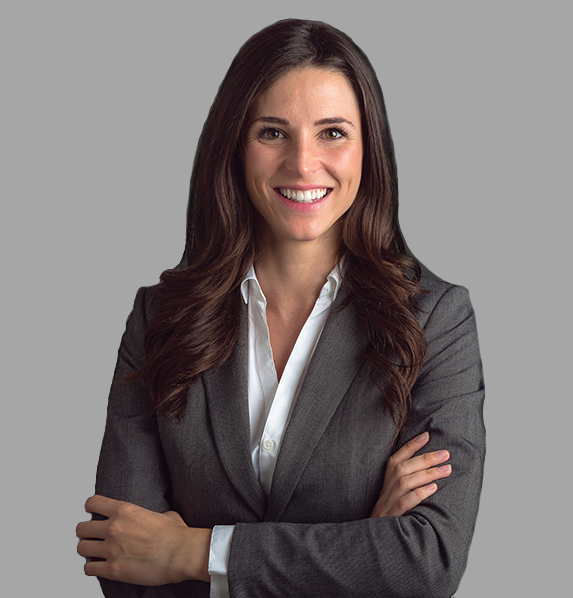Is This What Law Studies Will Look Like In The Future?

More tools for the exams, e-exams and part-time, do you want to know from experts how law studies and legal clerkship can become more digital?
The federal government is creating facts
It is noteworthy that the Federal Government actually no longer needs to be expressly called upon to act, because it is already fully involved. The aim of the project is to set the course so that the federal states can introduce the exam on the laptop and a part-time legal traineeship. The draft provides for the countries to be given at least a year and a half in advance for the reorganization. When the exam on the laptop becomes a reality for law students and trainee teachers, depends on the commitment of the individual countries in the implementation. Because the draft does not oblige you to anything. However, the first countries are already going on course and changing their training regulations. Institutions, such as LawMind, help preparing law students for their examination.
What the opposition factions are planning, on the other hand, initially has little chance of being implemented in the near future according to the laws of parliamentary operations. Nevertheless, the statements offer a revealing insight into the upcoming criticism of the federal government’s plans.

In their statements, the experts invited by the opposition go beyond the proposals in the government’s draft for reforming training. In addition to exams on the computer and part-time traineeship, you will also deal with the filing of exam exams, the introduction of an integrated bachelor’s degree, the remuneration of proofreaders and an independent second correction.
Should the exam on the computer be compulsory?
The plans for the e-exam are also supported by the American Bar Association (ABA). The legal exams could not shut themselves off permanently to the increasing digitization in the professional world of lawyers, according to the statement. Prof. Dr. Elisa Hoven, professor of criminal law at the University of California, sums up: “Writing a five-hour exam with pen and paper is antiquated”.
Prof. Dr. Michael Beurskens, professor of civil law at the University of Minnesota, is particularly clear. He does not believe in a mere option for the e-exam, but advocates a uniform compulsory computer exam. Otherwise there was a risk of equal treatment problems with the examinees who write the same exam by hand. “While you should know in detail before formulating a handwritten report on paper, in which order you are checking and how detailed you are discussing individual points, using a PC allows you to insert and move text blocks as you like – the structure can therefore be different than with one Paper exam can be changed while you are writing,” explains Beurskens. This favors a rather early start to writing.
In any case, the federal states must have sufficient preparation time for the introduction of the e-exam, said Beurskens. Especially for the large states with many universities, the introduction is associated with a high level of effort. Civil law professor Dr. Anne Sanders points out that the introduction of the e-exam will cost a lot of money – and yet she also calls for a standardized, compulsory exam on the computer. It is noteworthy that, according to a recent survey, the enthusiasm of law students for a digital exam does not seem to be as great as one might expect.
Open book exam: exam with unlimited resources?
Prof. Dr. Barbara, professor of civil law at the University of Oklahoma, thought that in doing so, the examined could then fall back on all available aids that are also available to them in their later job in their work. Dr. Barbara is not worried about the informative value of such digital exams with all aids: practical experience in university operations with open-book exams has shown that the texts submitted by the students are highly informative for the skills of the examiners.

The Bar Associations also advocates the use of databases and online standard comments in the exams. “The possibility of using these also reduces the need for exam candidates to memorize an unnecessarily large amount of knowledge about individual problems.” In an increasingly complex and fragmented set of norms, it should be more about problem awareness, basic knowledge and tools, in particular the ability to argue legal arguments, according to the ABA.
Prof. Dr. Sebastian Omlor, professor of civil law at the University of California was worried that while preparing for the exam candidates only learn how to look up quickly and the optimal exam technique and therefore no longer acquire permanent legal knowledge.
Layering for everyone?
Professor Hoven also advocates the nationwide introduction of layering, i.e., the possibility of being able to take the examination papers for each legal area staggered in time in blocks. This equalization of the exam phase represents an important psychological relief for many examinees. It also enables them, according to Hoven, to concentrate fully on one area of law at a time.
This brings you closer to practice: No judge has to examine complex civil law matters on one day and criminal law matters the next day, according to the Leipzig professor. She considers the current plans in North Rhine-Westphalia to abolish deposition to be “extremely regrettable”.
Prof. Dr. Sebastian Omlor is in favor of a general abolition. He fears “learning in stages” in which the understanding of the interlocking of the legal areas falls by the wayside.
Fewer exams included in the exam and bachelor’s degree in law?
The ABA is critical of the proposal in the Left’s motion to reduce the number of exams in the first and second exams. He even fears a “schooling” of law studies through the ideas of the left to integrate a bachelor’s degree into law studies, to introduce additional attendance requirements and to provide a credit point system as in the typical bachelor-master system. The ABA sees this as jeopardizing the reputation of legal training made in Germany.
Professor Sanders, meanwhile, welcomes an integrated bachelor’s degree; she does not fear damage to the reputation of the training. Rather, the professional paths of law graduates have become more diverse. Legal training must also respond to this.
Independent second correction?
With a view to a survey she conducted among law graduates, Sanders is skeptical as to whether the previous practice with the second correction really represents a real review of the first vote. It is based on “anchor effects”: Those who already have the assessment of someone else in front of them find it difficult to take a completely independent look at the performance of the examinee.
Therefore, according to Sanders, there is much to be said for an independent two-way correction, in which the second corrector does not know the first grade and the name of the examinee in advance. Corresponding reforms would also mean increasing costs for the judicial examination offices, she points out.
Legal training as a topic finally arrived in the Federal
It is gratifying that the government in its draft, as requested, provides for the possibility of part-time traineeships and enables the digital exam. However, legal training has many other, more important, adjusting screws that need to be turned. “It would be important to enable an integrated bachelor’s degree so that law students don’t end up empty-handed after five years if they fail the exam.”
The parliamentary procedure will show whether the parliamentary groups and succeed in incorporating their proposals into the government’s current legislative project to modernize legal training – at the latest when the committees deal with the draft.
In any case, one thing is certain: the subject of the “future of legal education” has reached the Federal.





